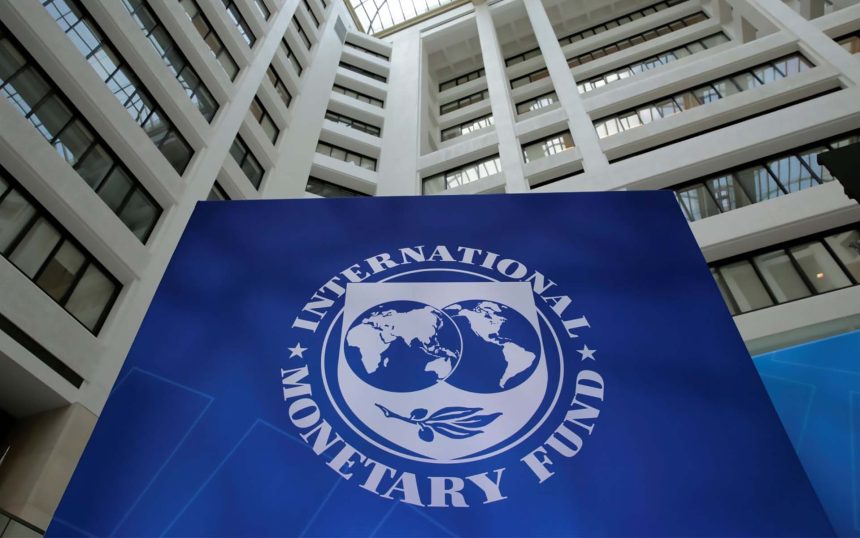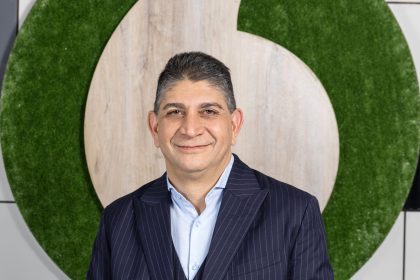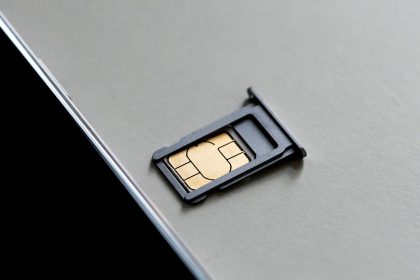The International Monetary Fund (IMF) is open to revisiting Ghana’s $3 billion financing program with the incoming administration, provided the country sticks to its reform goals.
Why it matters
Ghana is grappling with a debt crisis that pushed inflation to 54.1% two years ago and saw its currency, the cedi, lose 60% of its value over four years.
A renegotiation could ease financial pressures but must align with the IMF’s objectives to restore macroeconomic stability and achieve debt sustainability.
The context
- Ghana’s debt hit almost 100% of GDP by the end of 2022, forcing the country to seek IMF assistance.
- The current IMF program, launched in May 2023, targets a debt-to-GDP ratio of 55% by 2028 and a primary budget surplus of 0.5% by the end of 2024.
- Inflation has since dropped to 23% as of November, and the central bank lowered its interest rate from a 20-year high of 30% to 27%.
What’s next
President-elect John Mahama, who won with 56.6% of the vote—the largest margin in two decades—plans to renegotiate the program.
His goals: smoother loan repayments and reduced corporate tax burdens.
The big picture
Mahama’s victory highlights public frustration over soaring living costs and the debt crisis under outgoing President Nana Akufo-Addo.
Barclays analysts predict the renegotiation will align with Mahama’s economic priorities without derailing the IMF program.
What they’re saying
• IMF spokesperson: “Any changes must ensure that the economic objectives of the reform programs remain achievable.”
• Barclays: “We do not expect the NDC to walk away from the current IMF program.”
Mahama takes office on Jan. 7 with a pledge to focus on stability over rapid growth.
Source: Bloomberg










